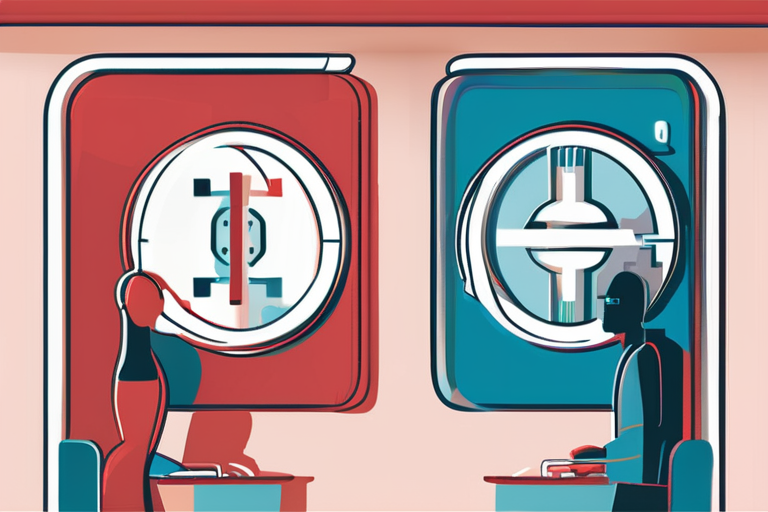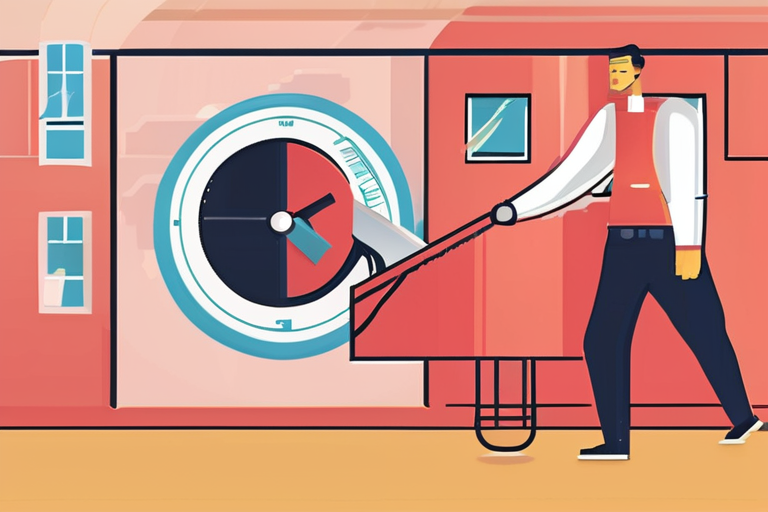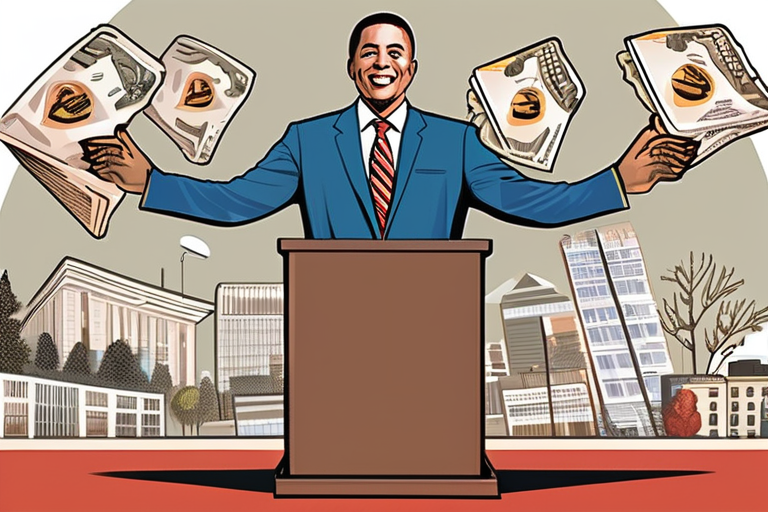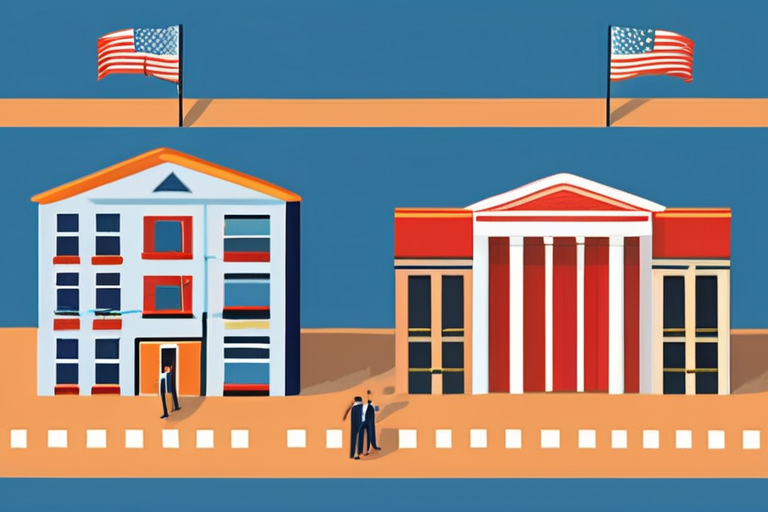Election Results Deliver Stinging Defeats to Republicans, Highlighting Affordability Concerns
The off-year elections on November 4, 2025, yielded surprising results, with Democrats securing key victories in several states. According to exit polls, voters' concerns about affordability, rather than economic indicators such as inflation or unemployment, played a significant role in shaping their decisions.
Financial details and metrics reveal that inflation had indeed crept up, with the Consumer Price Index (CPI) increasing by 3.2% over the past year. However, this rate was still below the 4% threshold often cited by economists as a sign of a strong economy. The unemployment rate, meanwhile, had remained relatively low, averaging 3.8% in the past quarter. Wages continued to rise, with average hourly earnings increasing by 4.5% over the past year.
Despite these seemingly positive economic indicators, voters expressed growing concerns about affordability. Housing prices, in particular, had become a major issue, with the median home price rising by 10% over the past year. This trend was evident in states such as Virginia, where Democratic gubernatorial candidate Abigail Spanberger secured a narrow victory.
Market impact and context suggest that the election results may have significant implications for the housing market and related industries. As voters increasingly prioritize affordability, policymakers may be forced to reassess their approaches to addressing housing costs. This could lead to changes in zoning regulations, tax policies, or other initiatives aimed at making housing more accessible.
The company and industry background of the election results reveal that the real estate sector was a key battleground in several states. Real estate investment trusts (REITs), homebuilders, and mortgage lenders all saw their stocks fluctuate in response to the election outcomes. The S&P 500 Homebuilding Index, for example, fell by 2.5% in the days following the election, while the S&P 500 REIT Index rose by 1.2%.
Looking ahead, the future outlook for the housing market and related industries appears uncertain. As policymakers grapple with the implications of the election results, investors and businesses will need to adapt to changing market conditions. While some analysts predict a slowdown in housing prices, others foresee a continued surge in demand, driven by demographic trends and limited supply.
Ultimately, the election results serve as a wake-up call for policymakers and business leaders alike, highlighting the need to address affordability concerns and their impact on the broader economy. As the market continues to evolve, one thing is clear: the affordability debate will remain a dominant theme in the months and years to come.



























Share & Engage Share
Share this article